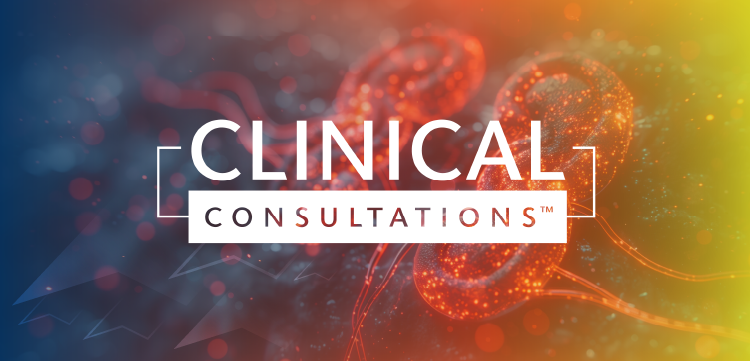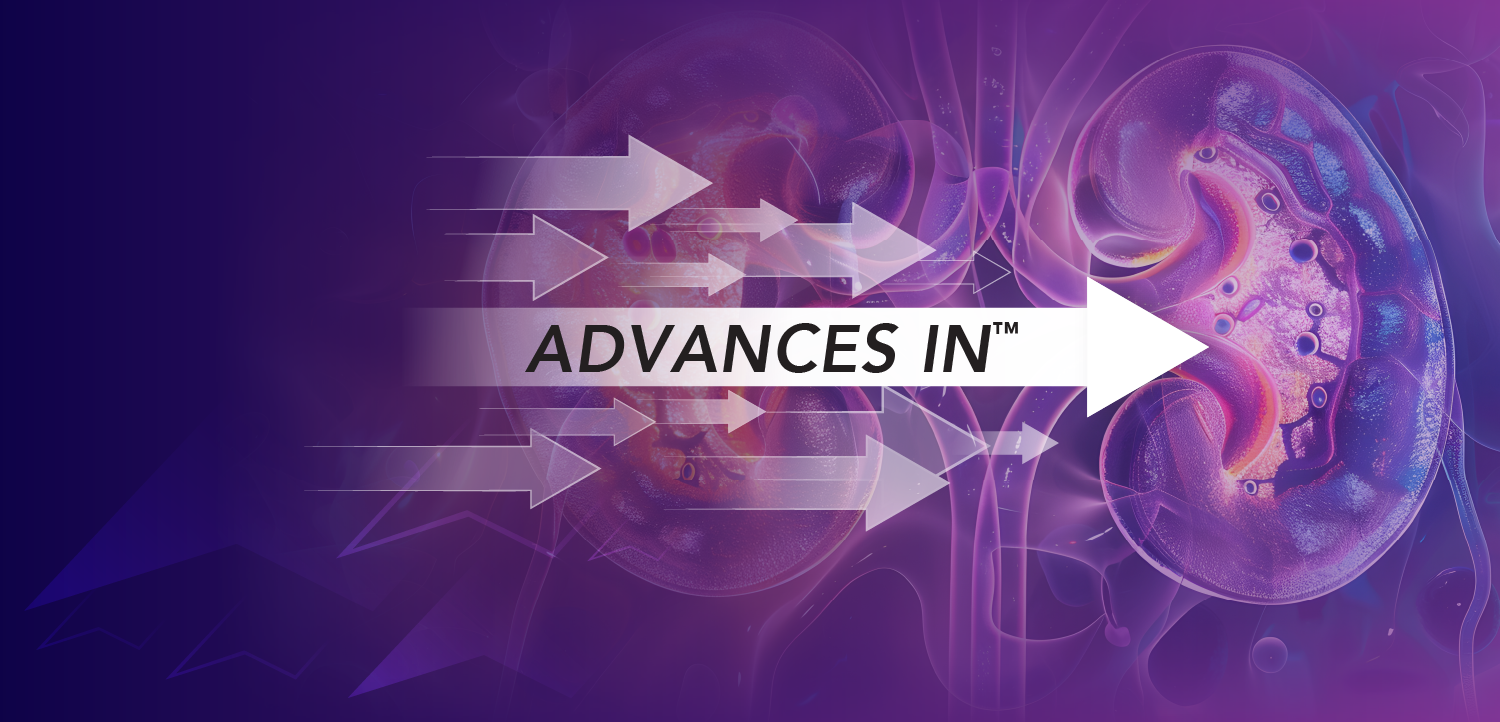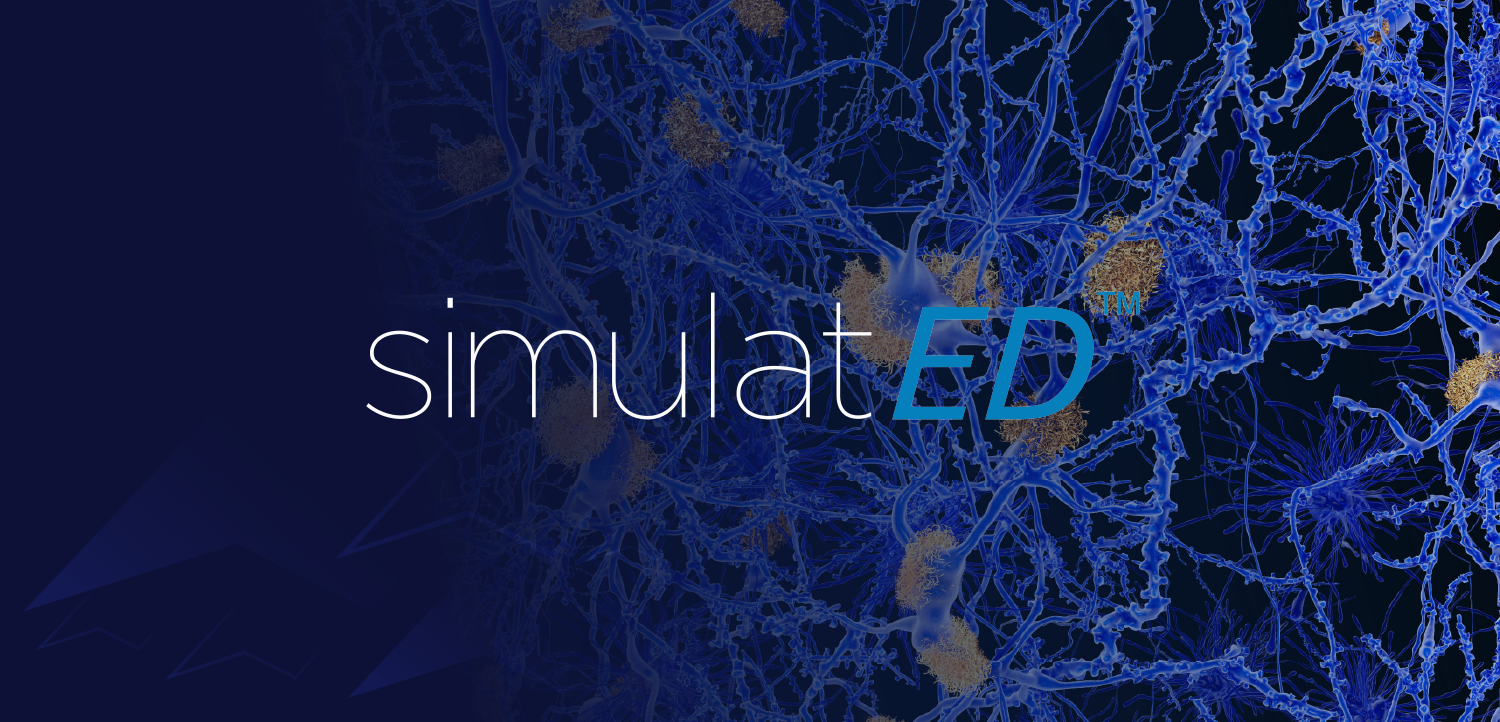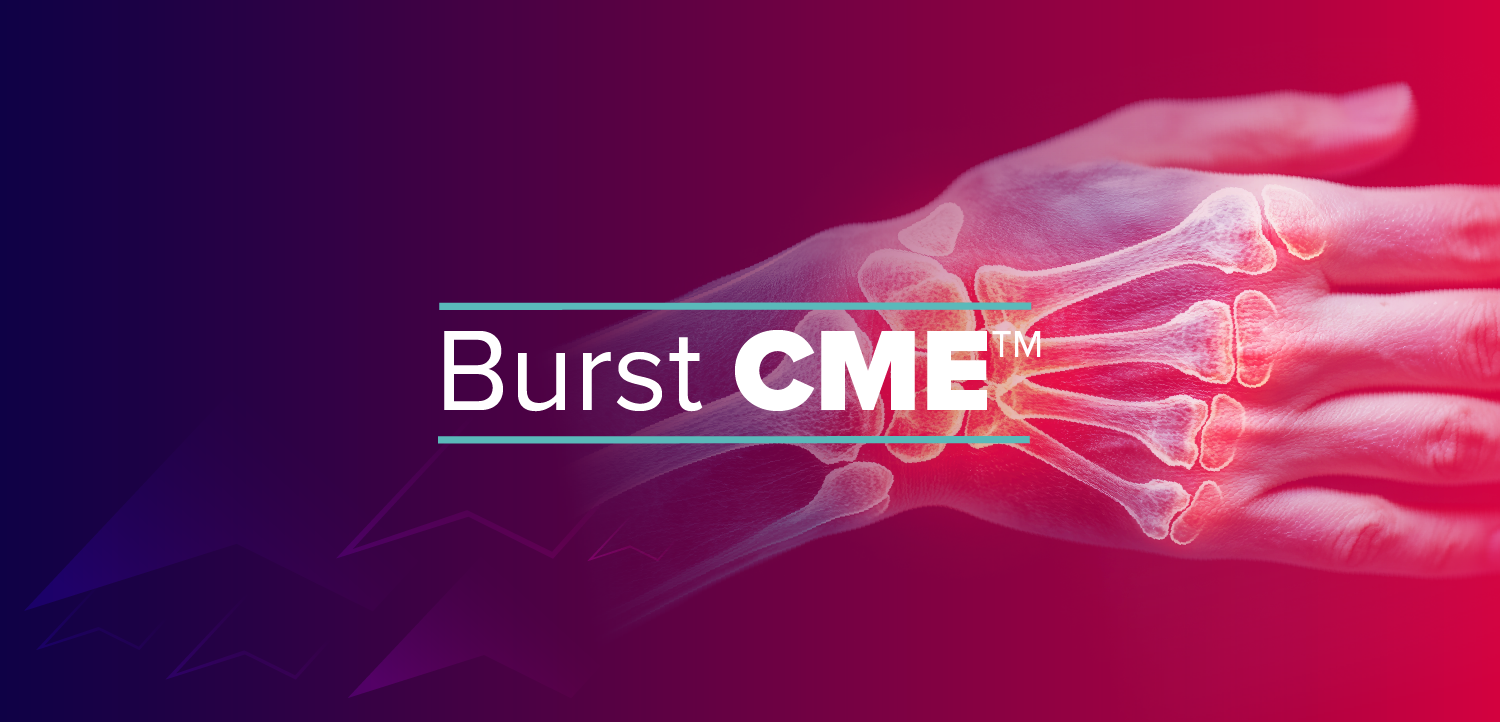
Recent HIPAA, ransomware & data privacy issues to put at the top of your list
Don't let the holidays get in the way of legal compliance.
The Holidays are always a hectic time of year. Here are some timely events that healthcare industry participants should appreciate.
First, a significant number of people at one point in their lives, have “peaked” at presents before the actual holiday. When it comes to medical records “peaking” out of curiosity, self-gain, and/or financial remuneration is prohibited under HIPAA and may lead to either a
Second, most people have “regifted” an item at some point. Many forms of ransomware are “opened” by one person, only to be “reopened” again by another individual. On November 21, 2022, the Office of Information Security (HHS) and the Health Sector Cybersecurity Coordination Center
Lorenz is human-operated ransomware, run by operators known to be customize their executable code, tailoring it for their targets. This implies that they may maintain persistent access for reconaissance purposes for some extended period of time prior to ransomware deployment. They often follow the pattern of initial access, followed by reconaissance and lateral movement, ultimately seeking a Windows domain controller in search of administrator credentials.
As articulated in my
Finally, for those who celebrate Christmas, an alignment of incentives often occurs between children and adults - improved behavior because Santa is watching. On
Today’s proposed rule outlines several important changes that can help safeguard the health and outcomes of individuals with SUD and create greater flexibility for information sharing envisioned by Congress in its passage of Section 3221 of the CARES Act. Proposed changes include:
Permitted use and disclosure of Part 2 records based on a single patient consent given once for all future uses and disclosures for treatment, payment, and health care operations.
Permitted redisclosure of Part 2 records in any manner permitted by the HIPAA Privacy Rule, with certain exceptions.
New patient rights under Part 2 to obtain an accounting of disclosures and to request restrictions on certain disclosures, as also granted by the HIPAA Privacy Rule.
Expanded prohibitions on the use and disclosure of Part 2 records in civil, criminal, administrative, and legislative proceedings.
New HHS enforcement authority, including the imposition of civil money penalties for violations of Part 2.
Updated breach notification requirements to HHS and affected patients.
Updated HIPAA Privacy Rule Notice of Privacy Practices requirements to address uses and disclosures of Part 2 records and individual rights with respect to those records.
In sum, maintaining a culture of compliance is critical for any person. The Holiday Season can be particularly challenging; however, the stakes are high.
Rachel V. Rose, JD, MBA, advises clients on compliance, transactions, government administrative actions, and litigation involving healthcare, cybersecurity, corporate and securities law, as well as False Claims Act and Dodd-Frank whistleblower cases.
Newsletter
Optimize your practice with the Physicians Practice newsletter, offering management pearls, leadership tips, and business strategies tailored for practice administrators and physicians of any specialty.













